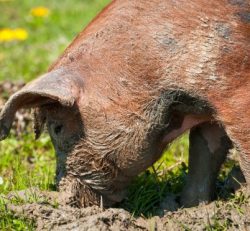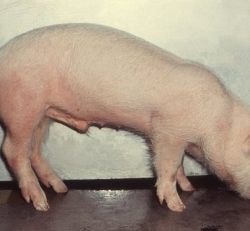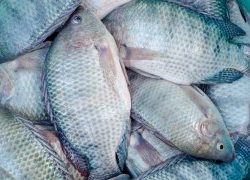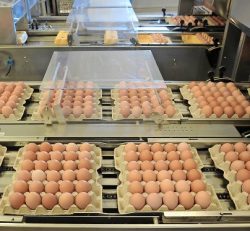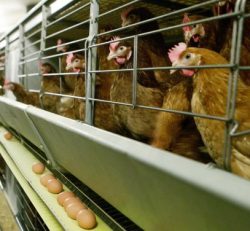DO YOUR PIG FARM WORKERS UNDERSTAND YOU?
At universities, exciting novel techniques can be developed, but how much of that gets implemented if pig farm workers don’t understand it? Extension should take into account that information needs to be available in other languages too, writes animal welfare expert Dr Monique Pairis-Garcia.
Research allows us to answer the question why and provide best management practices for improving welfare on-farm. However, producers regularly do not adopt recommended practices and often make management decisions based on their experience, beliefs and goals.
In fact, according to Caroline Ritter and colleagues, producers are only likely to implement these practices if they acknowledge the problem, take responsibility, and are provided with sufficient technical knowledge and resources.

Communication challenges may arise quickly if not everyone has the same first language. Photo: Shutterstock
Providing technical knowledge and resources
As an employee of a Land Grant University, providing such technical knowledge and resources is a critical component of my service to the community. In my position, 65% of my time is dedicated to extension (i.e. working with the community to provide educational programmes with new research and information).
My job is to develop the technical knowledge and resources for producers to improve welfare on-farm by providing science based information directly to the producer. Extension tools often used include on-farm visits, small working groups, newsletters, fact-sheets and bulletins.
Online programming together with National Pork Board
More recently, we have shifted some of work to developing online programming in conjunction with industry organisations such as the National Pork Board. Development of online material and collaboration with industry organisations allows for greater access to material and a larger impact to the industry on a national and international basis.
Although our extension programmes to date have no doubt positively impacted our industry and improvements in animal welfare on-farm are clear, what can we do to be better? One of my areas of interest is to develop and expand welfare extension programmes for non-native speakers working on farm.
Communication challenges do exist
In the US agricultural industry, approximately half of all farm labourers are Hispanic, and a third of these farm workers have less than a 9th grade education. Therefore, recognising that communication challenges exist, we must develop training materials that caretakers understand and be able to effectively communicate material to see positive changes on-farm.
This focus on improving on-farm communication was highlighted in a recent NPR article describing the development of Spanish courses for veterinary students at Colorado State University and Texas A&M.
Need for more effective communication
I believe this is an encouraging step in the right direction and acknowledgement of the need for more effective communication. Amongst those that work in extension at the university and in the industry we already have a wealth of knowledge to improve on-farm welfare. It is now the time for us to ensure this knowledge is effectively communicated and accessible to all that work on-farm.
Dr Monique Pairis-Garcia
Assistant professor, Department of Animal Sciences, The Ohio State University, US
Source: www.pigprogress.net


